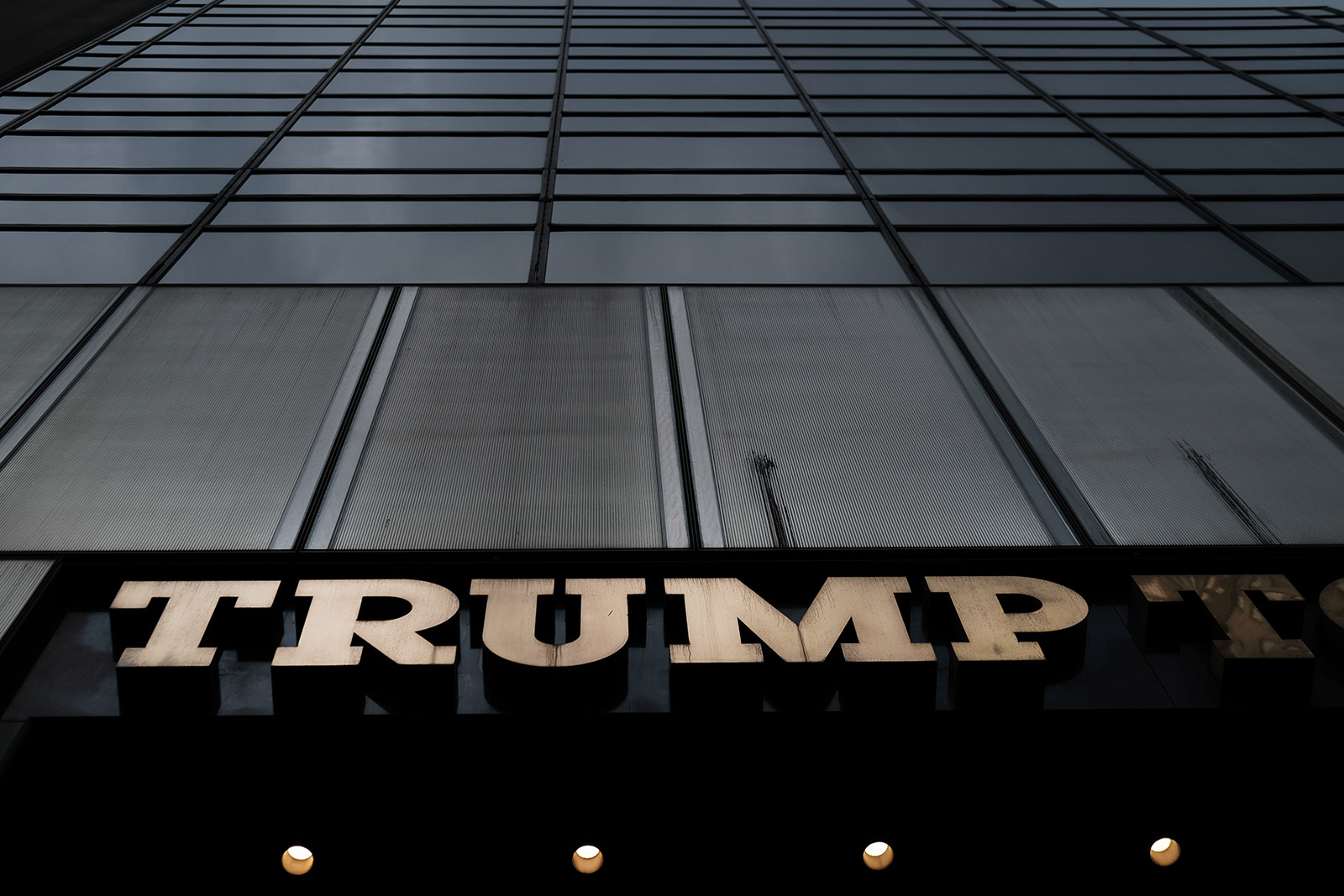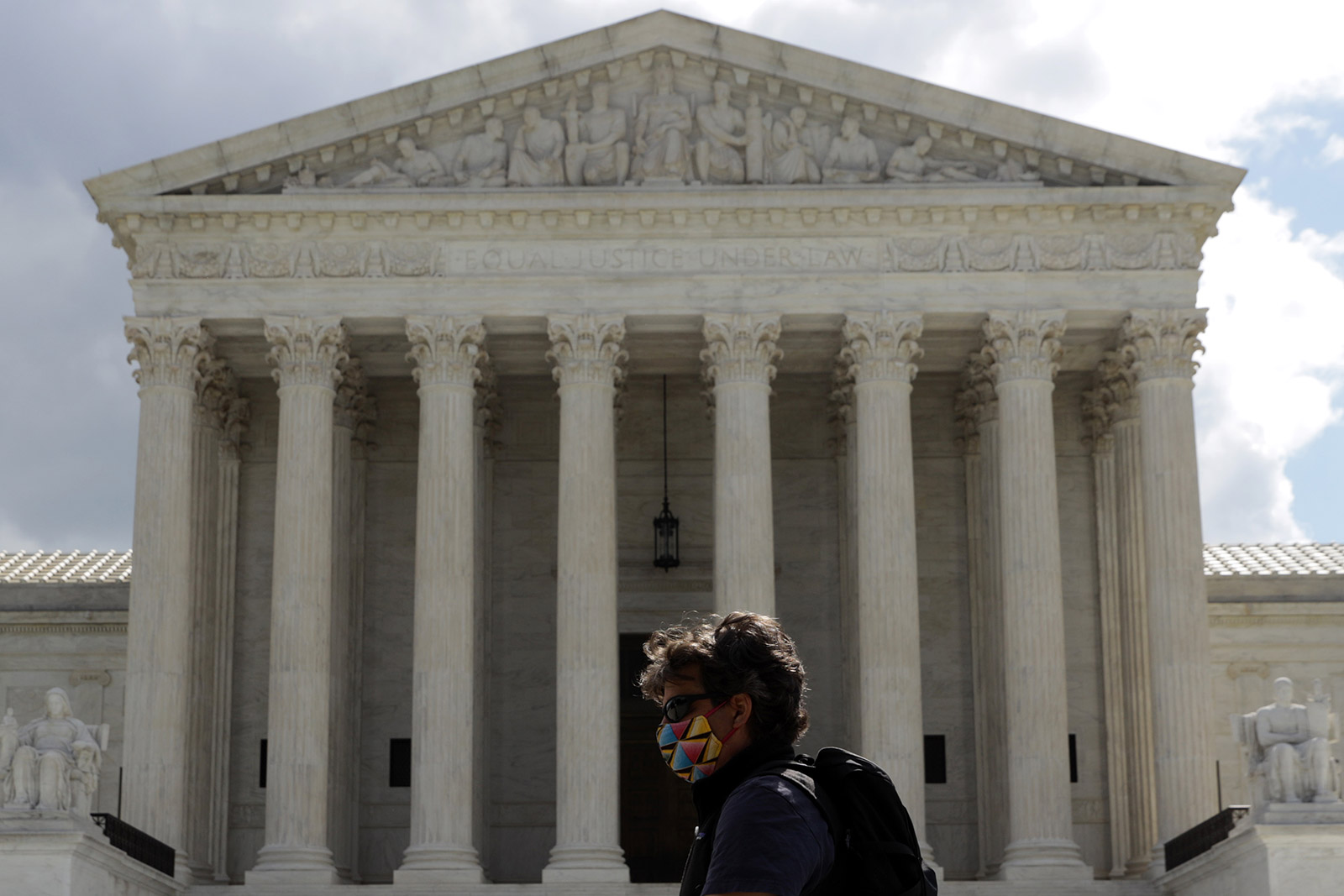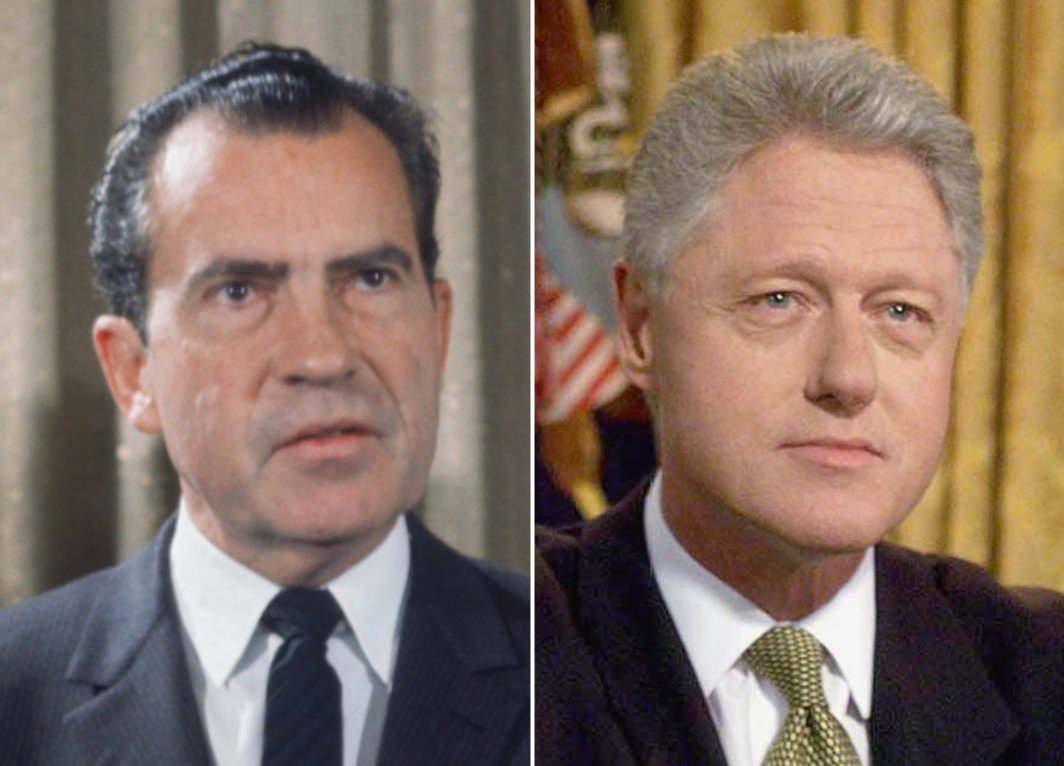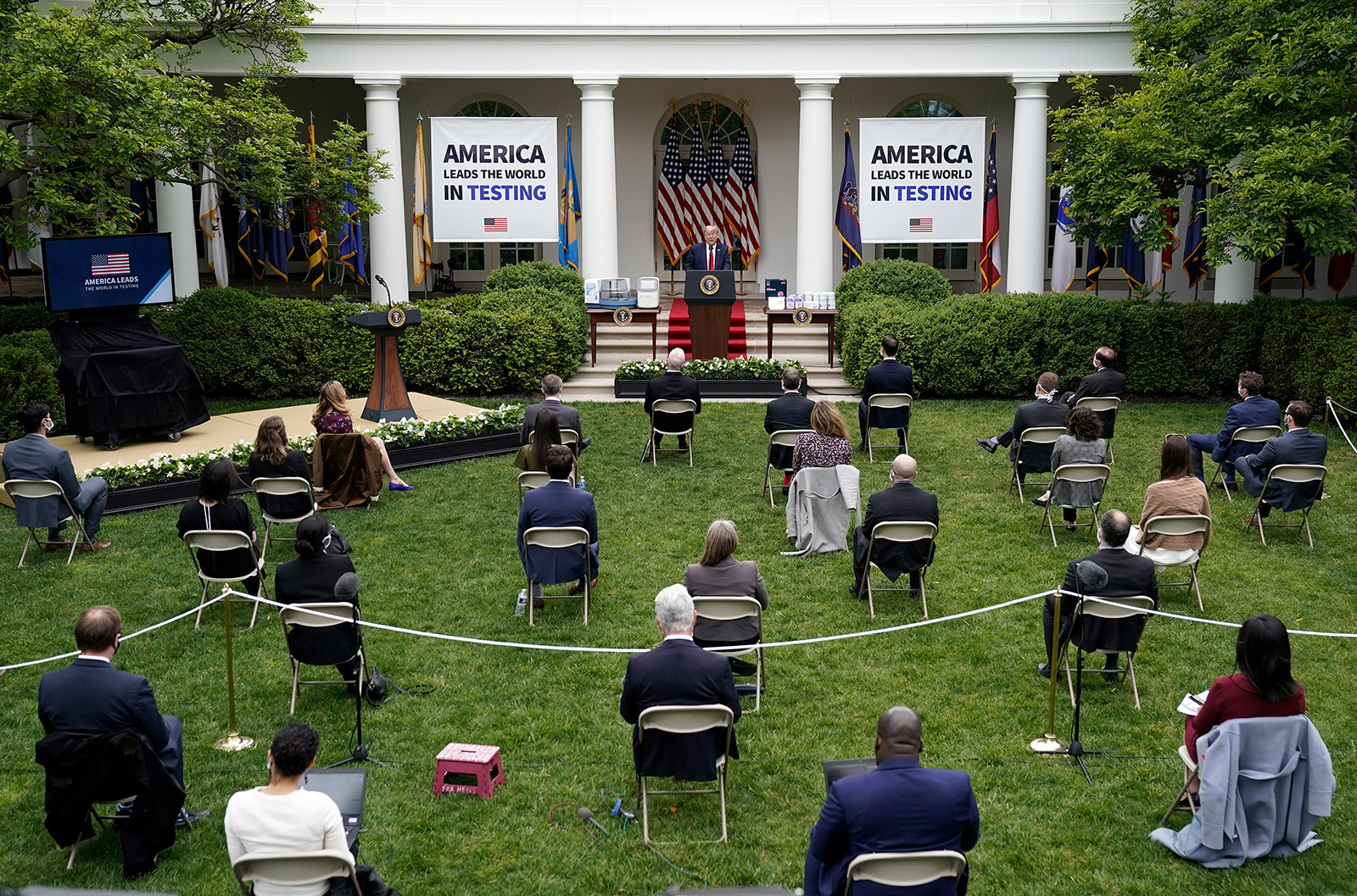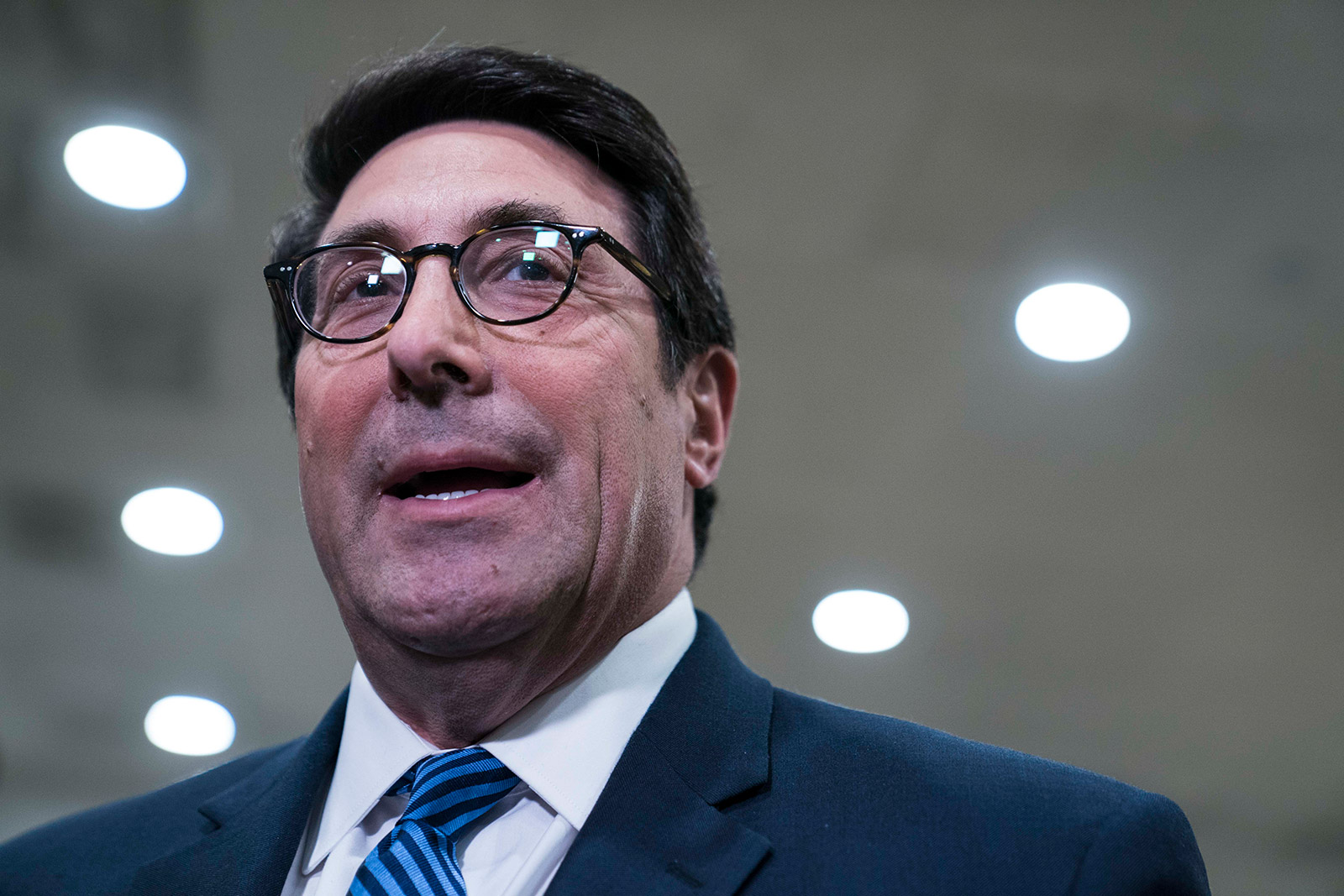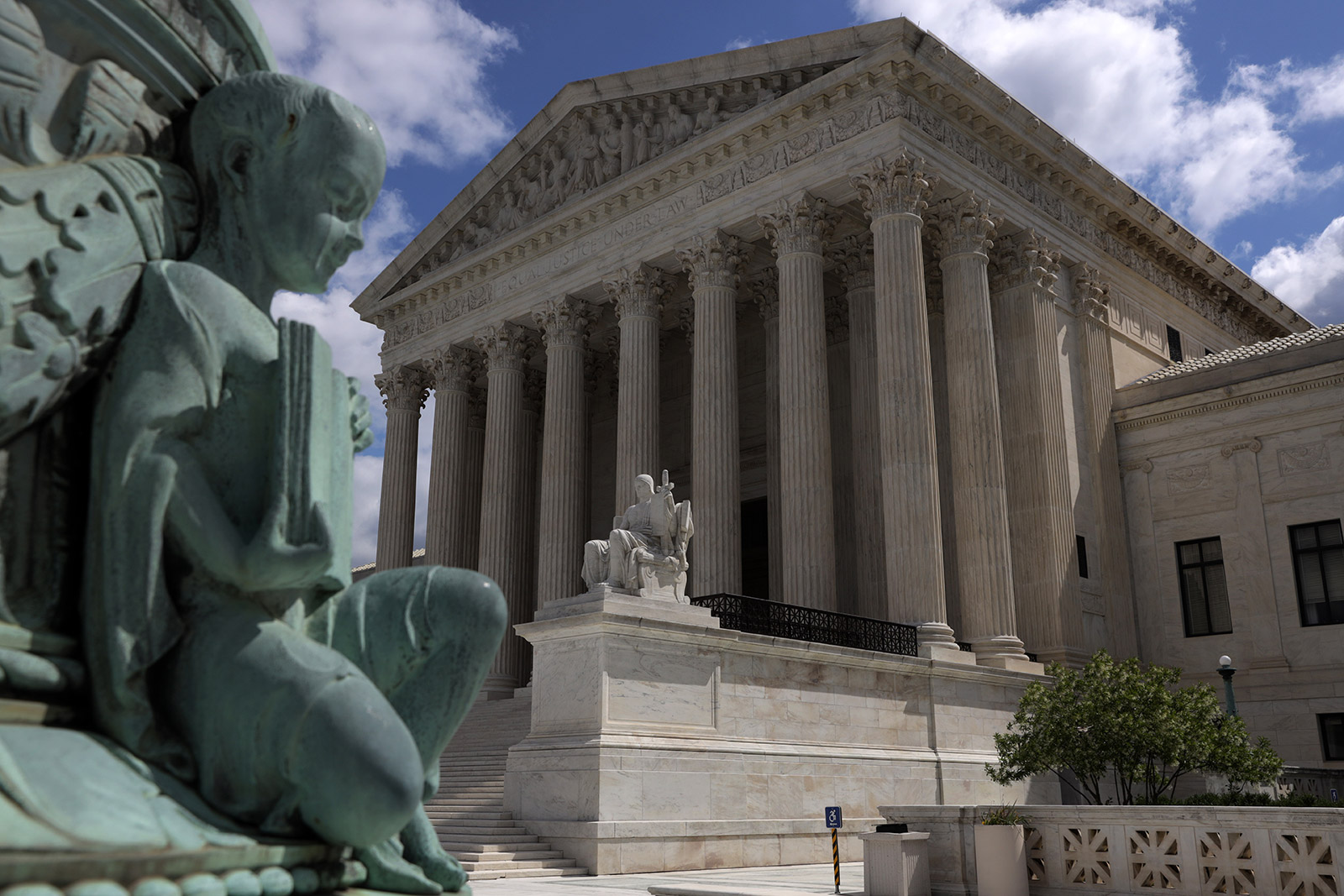
Justices heard oral arguments for more than three hours about blockbuster cases concerning President Trump's bid to shield his financial records.
Due to the coronavirus pandemic, justices met via teleconference.
The first case (Donald J. Trump et al v. Mazars, Donald J. Trump v. Deutsche Bank) involved the House’s effort to obtain the financial documents and triggered separation of powers concerns, and the second case (Trump v. Vance) involved a New York prosecutor’s grand jury subpoena for Trump’s tax records.
Here are some of the key moments:
- Justices revisited precedents set by Nixon and Clinton cases: In the second case concerning a New York Grand jury subpoena, the justices returned again and again to precedents concerning President Nixon and President Clinton that were heavily relied upon by the lower courts who ruled against Trump. Chief Justice John Roberts and others asked a lawyer for Trump about the fact that in Clinton v. Jones, the court allowed a private citizen to bring a civil suit against a sitting president.
- Trump's attorney raised the issue of "temporary presidential immunity": The President's lawyers underlined the idea that investigations and the prosecution of Trump while in office could interfere with him leading the country.
- Liberal justices push back on Trump lawyer's defense to block subpoenas: Justice Ruth Bader Ginsburg and the other liberals noted that President Bill Clinton and other presidents before him have turned over materials sought by Congress. Why would Trump be shielded in a way that his predecessors were not, they asked? Their questions invoked controversies and familiar names from the Watergate era, Whitewater and Paula Jones.
